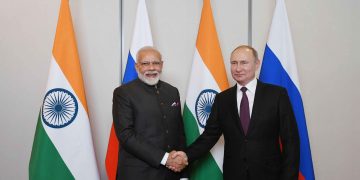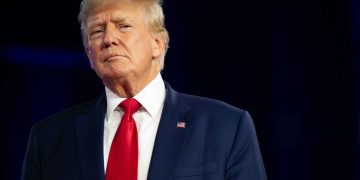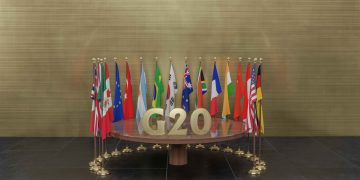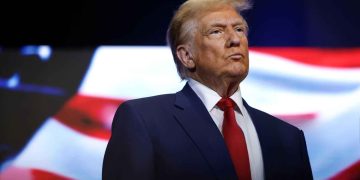Since Brazil co-founded BRICS in 2009, the nation has largely benefited from its membership, particularly through enhanced relations with China, its top trading partner since 2009. However, as the upcoming BRICS summit in Kazan, Russia approaches, analysts are raising concerns about the mounting costs of membership and the shifting dynamics within the bloc.
Over the years, BRICS has solidified Brazil’s status as an emerging power, a narrative that has persisted even amid economic stagnation. Regular meetings on various issues—ranging from defense to health—have helped Brazilian officials better navigate a world less dominated by Western powers. More importantly, Brazil has found common ground with other BRICS nations in advocating for a multipolar world, a stance that is viewed as both inevitable and desirable in curbing U.S. influence.
Historically, both center-right President Michel Temer and far-right President Jair Bolsonaro supported BRICS membership, viewing it as a means to avoid diplomatic isolation. Bolsonaro, who faced international backlash over his handling of various issues, found refuge in interactions with fellow BRICS leaders, minimizing the impact of his controversies.
However, recent developments within BRICS could challenge the consensus in Brazil regarding the benefits of its membership. Until last year, Brazil and India effectively blocked proposals for the bloc’s expansion, fearing a loss of control over intra-BRICS dynamics and a dilution of the group’s exclusivity. This resistance crumbled during the last summit in South Africa when China and Russia pushed for expansion, adding countries like Iran, Egypt, and Ethiopia despite Brazil’s concerns about anti-Western affiliations. The shift from a majority of democracies to a minority within the group raises alarms about BRICS becoming a platform for a Sino-centric order rather than a neutral coalition.
As the summit in Kazan nears, Russian President Vladimir Putin aims to showcase that the West has failed to isolate him internationally since the invasion of Ukraine. This context poses risks for Brazil, India, and South Africa, which have sought to maintain balanced relations with both the East and the West. The growing presence of anti-Western rhetoric within BRICS complicates their diplomatic strategies.
While Brazil is unlikely to withdraw from BRICS abruptly, there is increasing anxiety among Brazilian diplomats about their waning influence within the bloc. This sentiment echoes in India, where there is discomfort regarding China’s escalating dominance in BRICS.
Next year, Brazil will host the BRICS summit, prompting critical questions for President Luiz Inácio Lula da Silva’s government, particularly regarding whether to invite Putin, who faces an arrest warrant from the International Criminal Court. This situation illustrates the complexities of navigating membership in a group that may be shifting towards authoritarianism and anti-Western positions.
Brazil’s previous perception of BRICS as an unequivocal opportunity now faces challenges, with concerns that the grouping may become more of a liability in the future. As the global landscape evolves, Brazil will need to reassess its strategies to ensure its interests are maintained within this increasingly polarized environment.





















